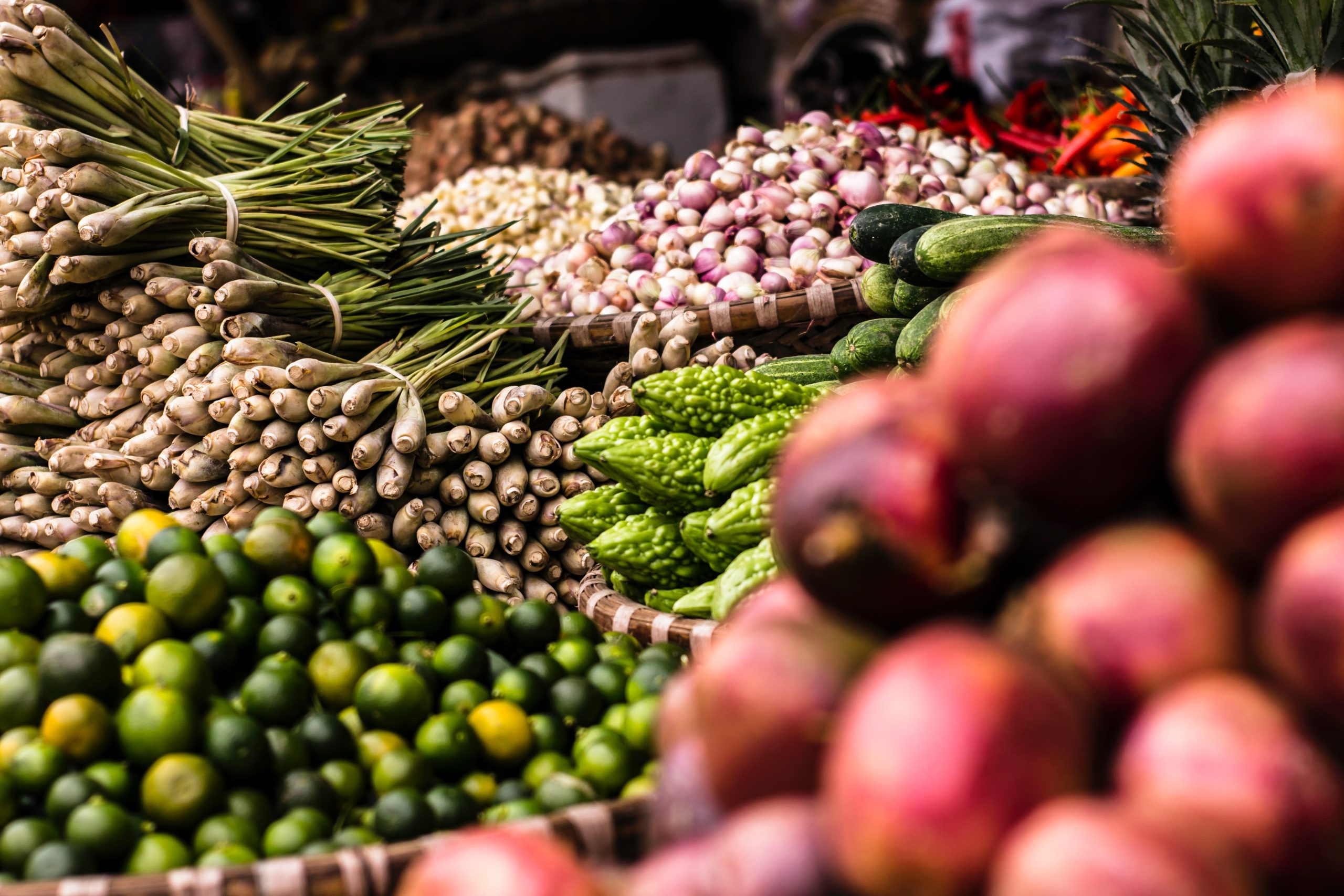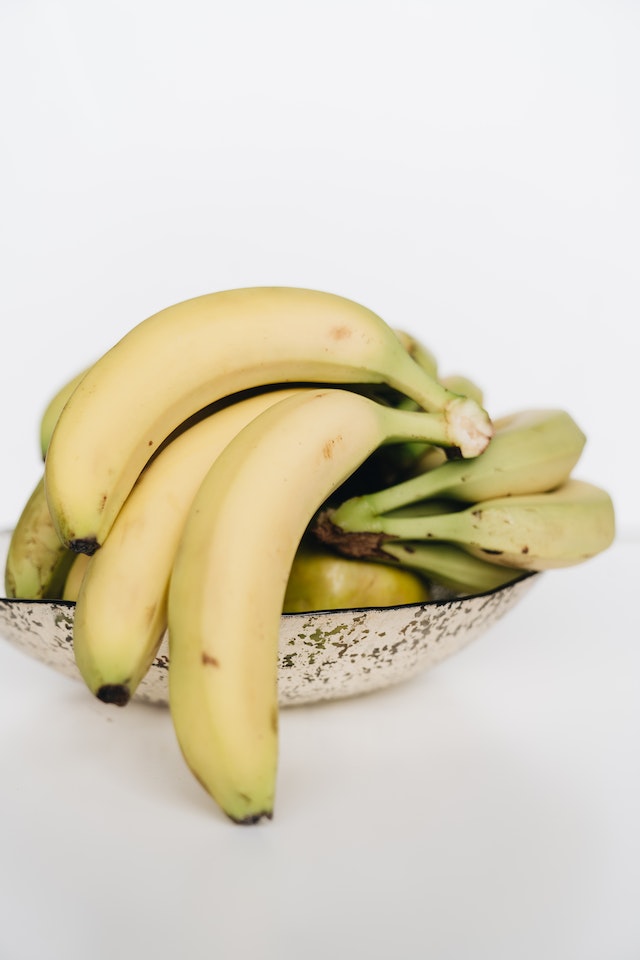Tupperware has been a household name for decades, known for its durable and convenient food storage containers. But in recent years, the company has faced increasing competition from new players in the food storage market, as well as changing consumer preferences and trends.
One of the biggest challenges facing Tupperware is the rise of eco-friendly and sustainable food storage options. Consumers are increasingly concerned about the environmental impact of disposable plastic containers, and are looking for alternatives that are reusable and environmentally friendly.
To address this challenge, Tupperware has introduced new products that are made from eco-friendly materials such as bamboo and glass. The company has also launched a recycling program to encourage customers to recycle their old Tupperware containers.
Another challenge facing Tupperware is the rise of meal delivery services and pre-packaged meals. These services often come with their own containers, reducing the need for consumers to purchase separate food storage containers.
To address this challenge, Tupperware has launched its own line of meal prep containers, designed specifically for meal delivery services and pre-packaged meals. The containers are designed to be durable and reusable, and are made from materials that are safe for food storage.
But perhaps the biggest challenge facing Tupperware is the changing consumer preferences and trends. Consumers are increasingly looking for convenience and portability in their food storage containers, and are willing to pay a premium for products that offer these features.
To address this challenge, Tupperware has launched a new line of products that are designed for on-the-go use. The products include insulated containers for hot and cold foods, as well as containers with built-in utensils and compartments for easy organization.
Despite these challenges, Tupperware remains a strong player in the food storage market. The company has a loyal customer base that values the durability and convenience of its products, and Tupperware containers are still a staple in many households around the world.
In addition, Tupperware has a strong brand reputation and a history of innovation. The company was founded in 1946 by Earl Tupper, who revolutionized the food storage industry with his patented airtight containers. Since then, Tupperware has continued to innovate and introduce new products that meet the changing needs of consumers.
Tupperware also has a strong direct sales model, which allows the company to connect directly with its customers and build relationships with them. The company’s sales force is made up of independent consultants who sell Tupperware products through home parties and other events.
In conclusion, Tupperware’s struggle for survival in the changing food storage market is a testament to the challenges that companies face in adapting to changing consumer preferences and trends. But Tupperware’s strong brand reputation, history of innovation, and direct sales model have helped the company remain a strong player in the market. By continuing to innovate and introduce new products that meet the changing needs of consumers, Tupperware can continue to thrive in the years to come.










